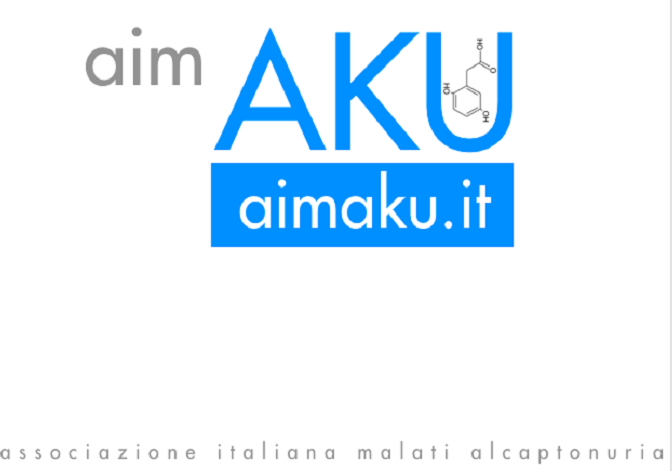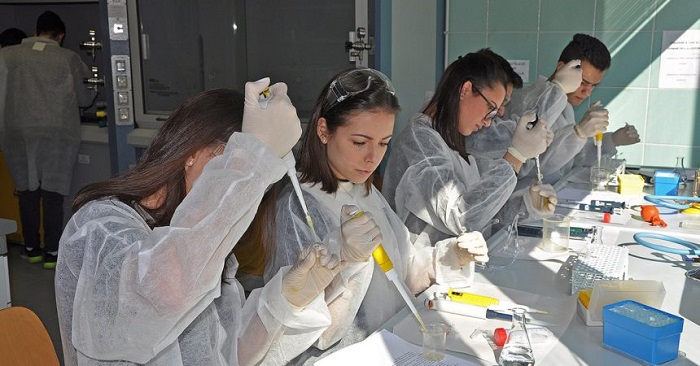The University of Siena is a valued member of DevelopAKUre, the international consortium which we put together in 2012 to find a treatment for AKU. Although there are no clinical trial sites in Italy, some of the most important scientific work takes place in Siena. At the Laboratory of Cellular Biochemistry, scientists analyse samples taken from AKU patients on the trial. They are interested in how AKU leads to inflammation and oxidative stress in the body. Their research is very important.
Siena is also the home of our Italian sister society aimAKU, founded in 2010. Much of the work aimAKU does resembles what we do. They support Italian AKU patients and keep them up to date with the latest research. Like us, they organise patient workshops, most recently in Siena in September. They also support AKU research through collaboration within national and international networks. This year, aimAKU representatives gave a scientific talk at the RE(ACT) International Congress of Research on Rare and Orphan Diseases in Bologna, promoted Rare Disease Day, and became part of the patient board of MetabERN, an EU-funded data network for rare inherited diseases.

Both aimAKU and the research centre at the University are supported by a non-profit organisation called the Toscana Life Sciences Foundation (TLS). TLS supports research into orphan diseases in the Italian region of Tuscany. They run a programme called ‘Scientists for a Day’, where high school students explore laboratories linked to TLS. As part of this programme, the students learned about AKU at the University of Siena. They were able to see the AKU lab, talk to scientists and try out some experiments for themselves. The programme was part of the Rare Disease Day celebrations, held around February 28th by groups all over the world.

Letizia Sensini, head of external relations at TLS, said that “’Scientists for a Day’ is an important project, which lets students see actual research being done. In the build-up to Rare Disease Day, it made them aware of the existence of so-called ‘orphan’ diseases. We may not yet have a cure for diseases like alkaptonuria, but they have always been crucial to our Foundation’s mission.”
Professor Annalisa Santucci, of the University of Siena’s Department of Biotechnology, Chemistry and Pharmacy, said that “rare diseases can be a model for the study of many common diseases. The study of rare diseases might help us find solutions for diseases which are much more widespread. This is certainly true for alkaptonuria, which is now being researched extensively in Siena. This research will not only be of scientific value – it will have social and human effects, too.”
This article has been written with the generous help of our Italian sister society aimAKU. The original article appeared in a local newspaper in Siena, and you can read it in Italian on the aimAKU website.
